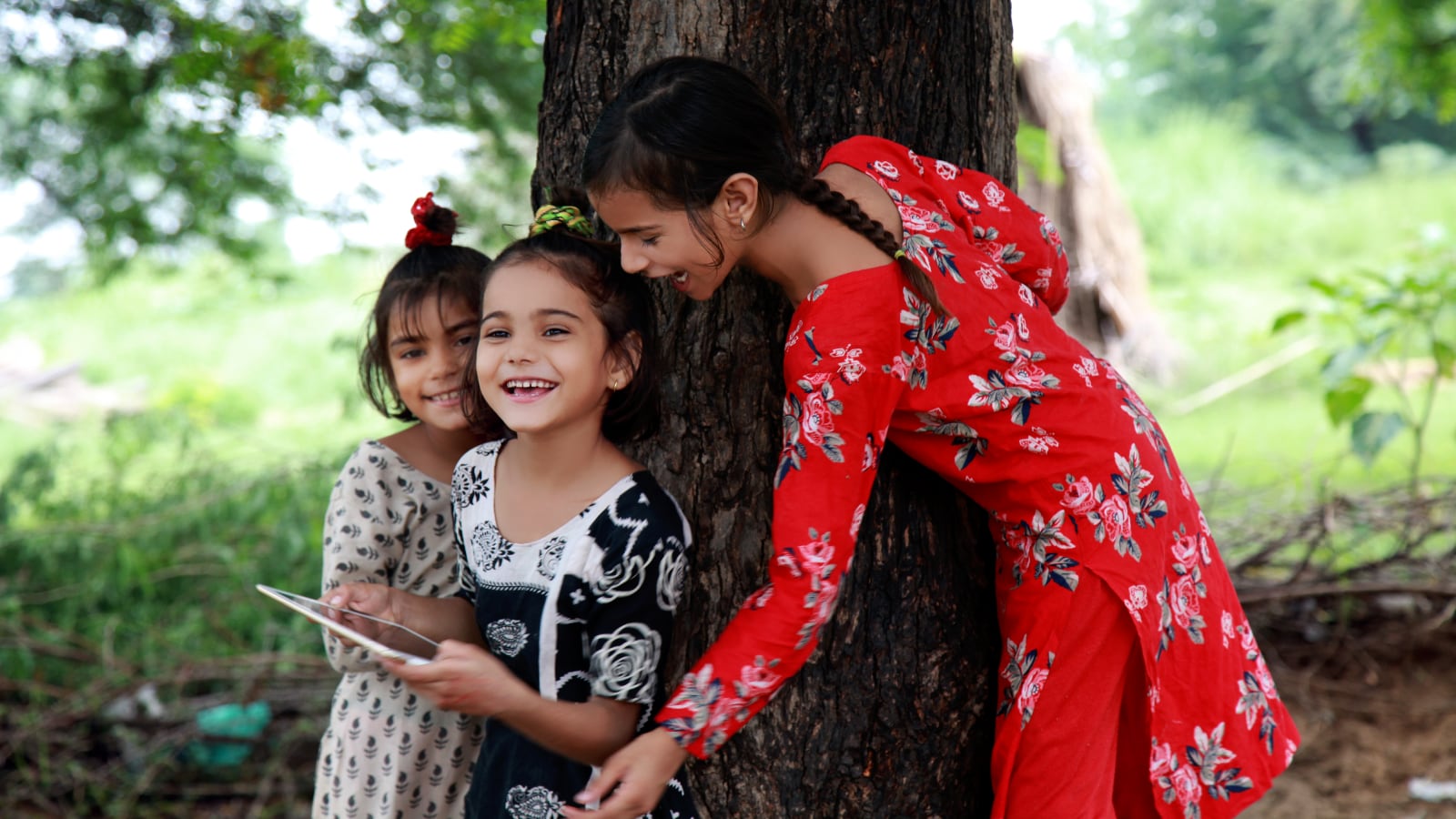Discover how PwC India and UN Women powered up anganwadis in Madhya Pradesh by implementing a solar energy revolution. Overcoming technical and operational hurdles, this collaboration ensured uninterrupted electricity, enabling better healthcare, education and brighter futures. Watch the transformation in action.
smart anganwadis
The situation
As part of its Women’s Entrepreneurship for Sustainable Energy’ programme, UN Women approached Madhya Pradesh’s New and Renewable Energy Department (MPNRED), to collaborate on the use of solar power for state-run anganwadis. The state sought the help of PwC India team for advice on how solar power could be incorporated within specific anganwadis.
Anganwadis facilitate the provision of basic health and education services to pregnant women, and children under the age of five.
The state lacked the technical, operational and maintenance know-how for running solar-powered systems. The department sought a cost-effective and specialised design to prevent theft and lower maintenance cost. It asked the PwC India team to liaison between UN Women and itself to streamline the procurement process. Together, we reimagined the future by focusing on designing innovative and sustainable solutions that uplift rural communities.

The solution
The PwC India team identified a few challenges, such as equipment theft, high cost of maintenance, the limited life span of equipment, lack of vendor services in rural areas, and maintaining optimum power requirements for day-to-day operations of Anganwadis. The PwC India team helped design a safe, low-cost, theft-proof, sustainable and efficient solution.
PwC India’s team used the transform framework to plan and implement the project. They began by connecting with anganwadi workers to understand their key challenges, collect data and develop templates. Together we helped transform the future by ensuring that the team used this information to estimate a cost and formulate a strategy and timeline for this project. In the subsequent stages, the team helped the client to manage financing terms, streamline the fund release process, establish the performance monitoring process, help in the bidding process and negotiate the budget estimation provided by the MPNRED.
Our impact
The team at PwC India helped empower the communities. Together, we shaped a sustainable future by delivering solutions that ensured long-term growth for the anganwadis.
- Solar-powered systems for anganwadis can produce free electricity for at least five years. The money earlier used for electricity can be diverted to health and education-related funding.
- Handheld tablets can be used for learning and training.
- Vaccines can now be stored safely at the proper temperature.
- Functioning fans during the summer increase attendance rates.
- Reliable power supply for illumination also allows women from self-help groups to use the centres in the evenings, thus boosting their income generation options.













